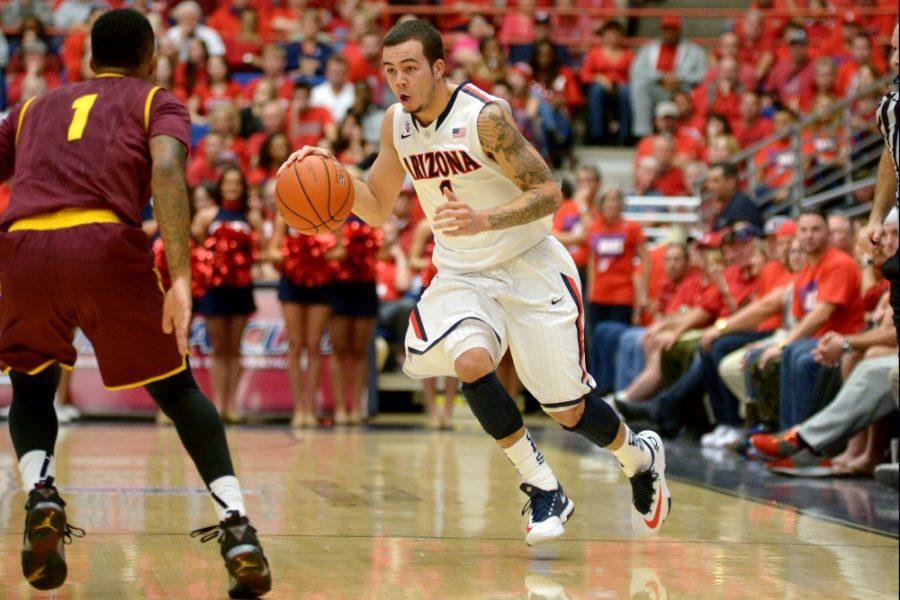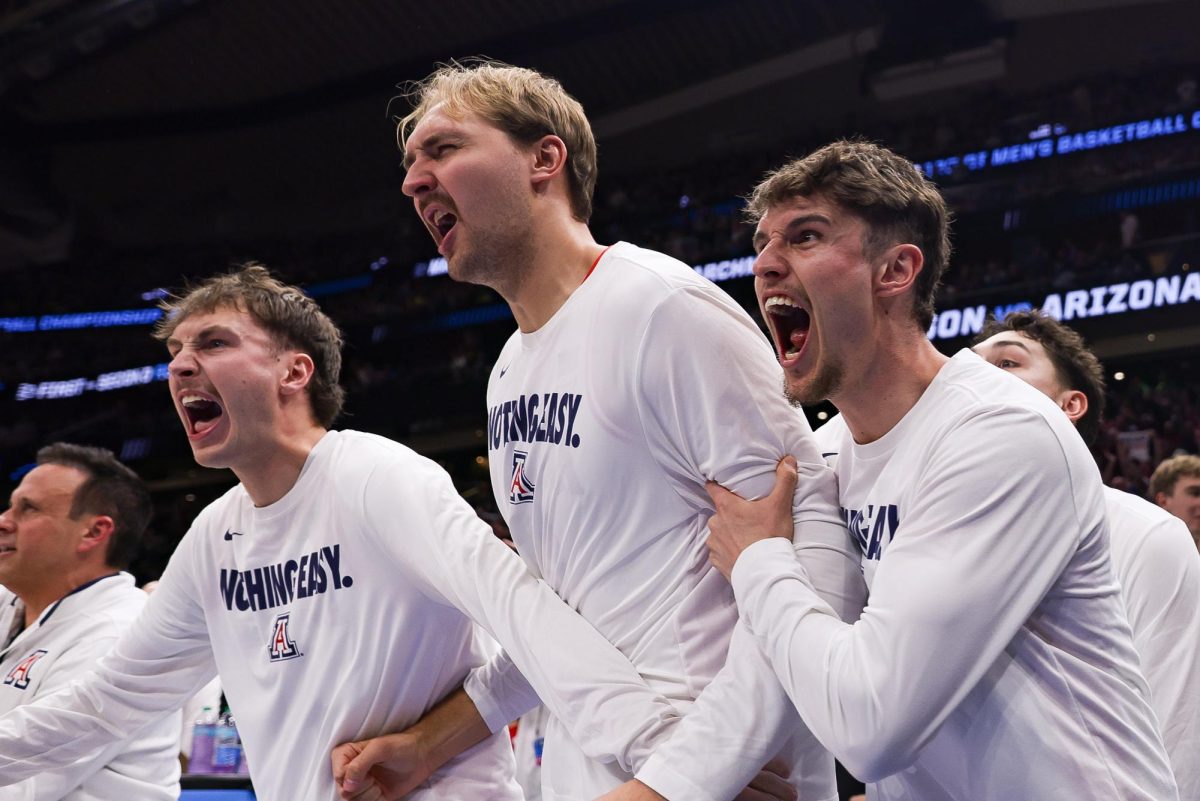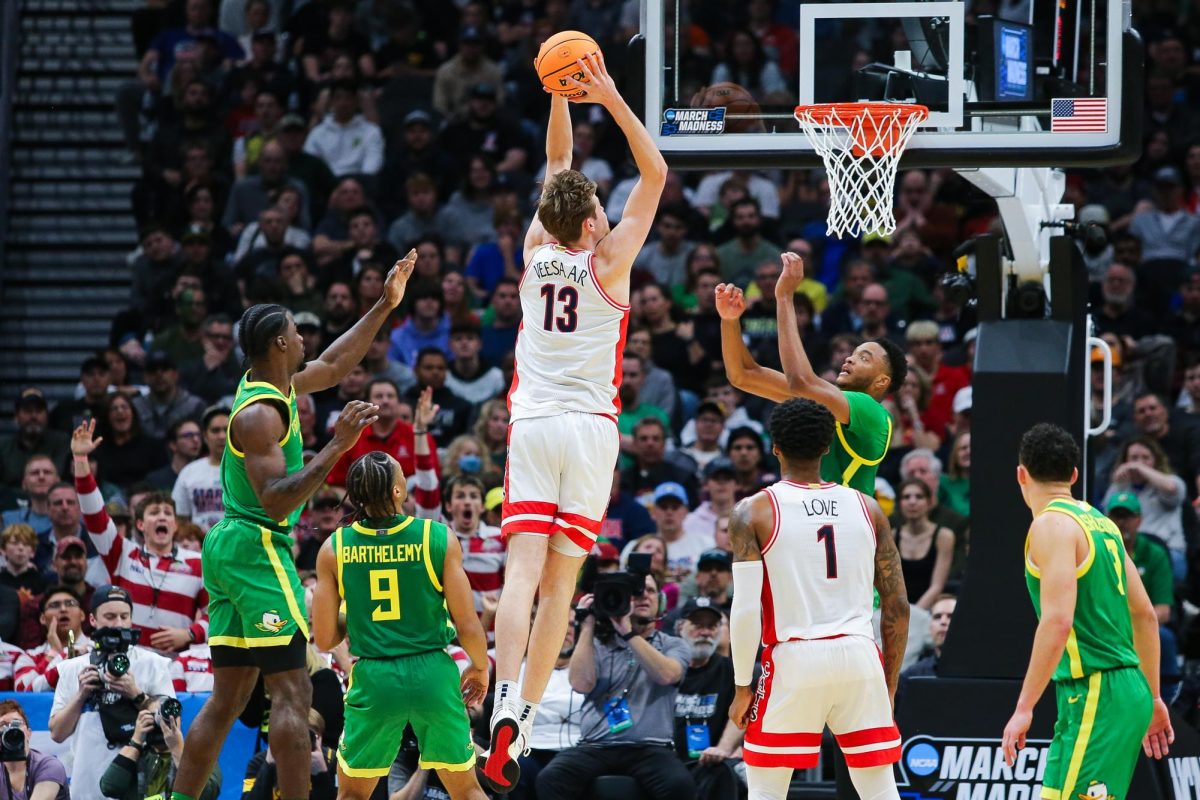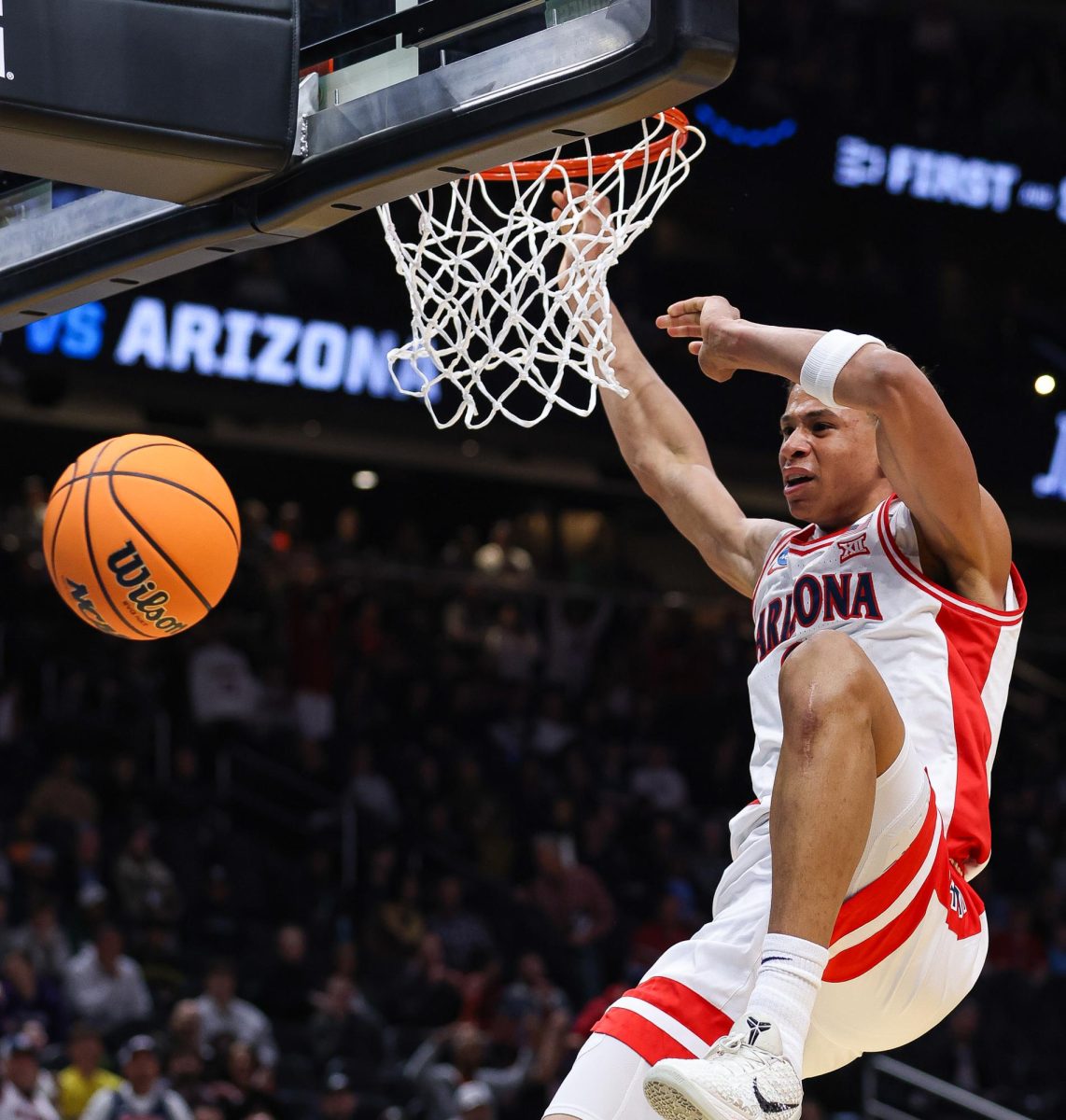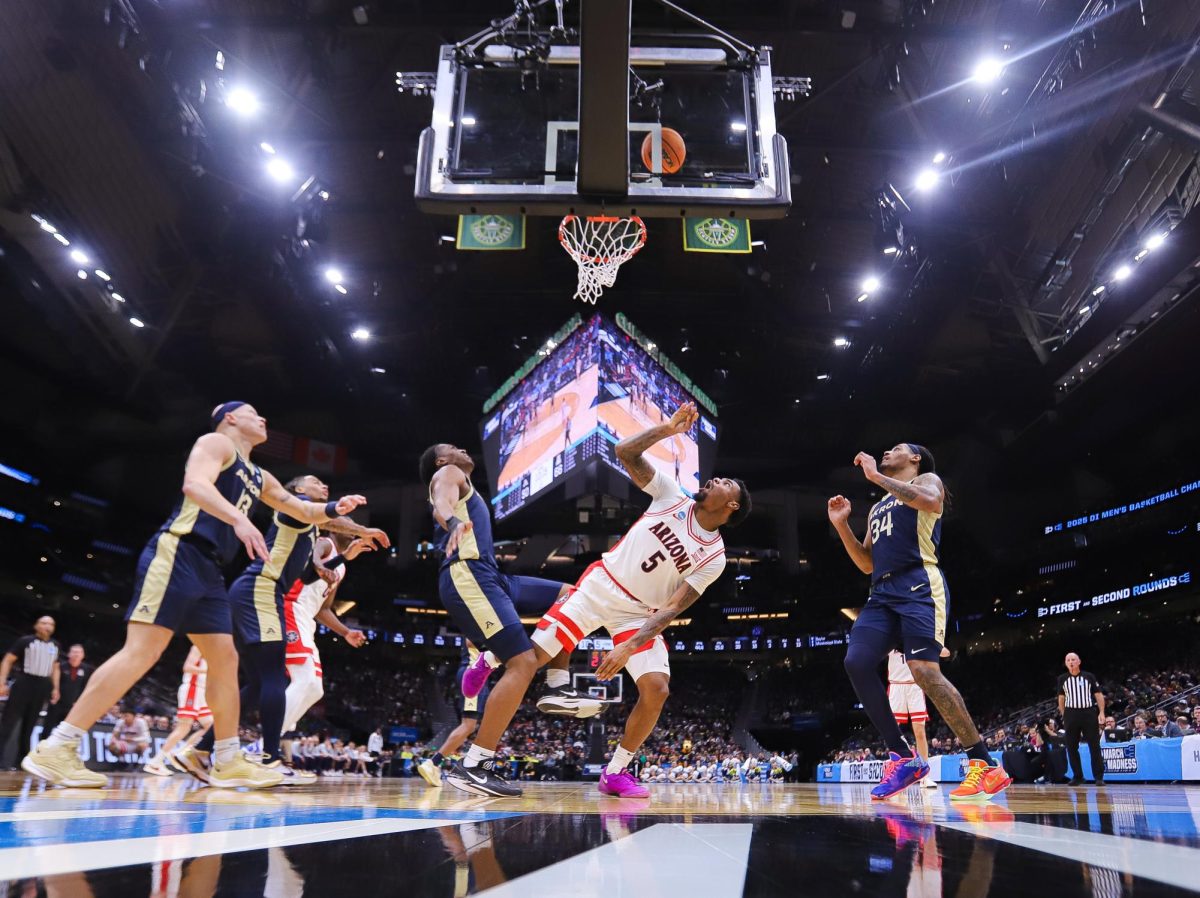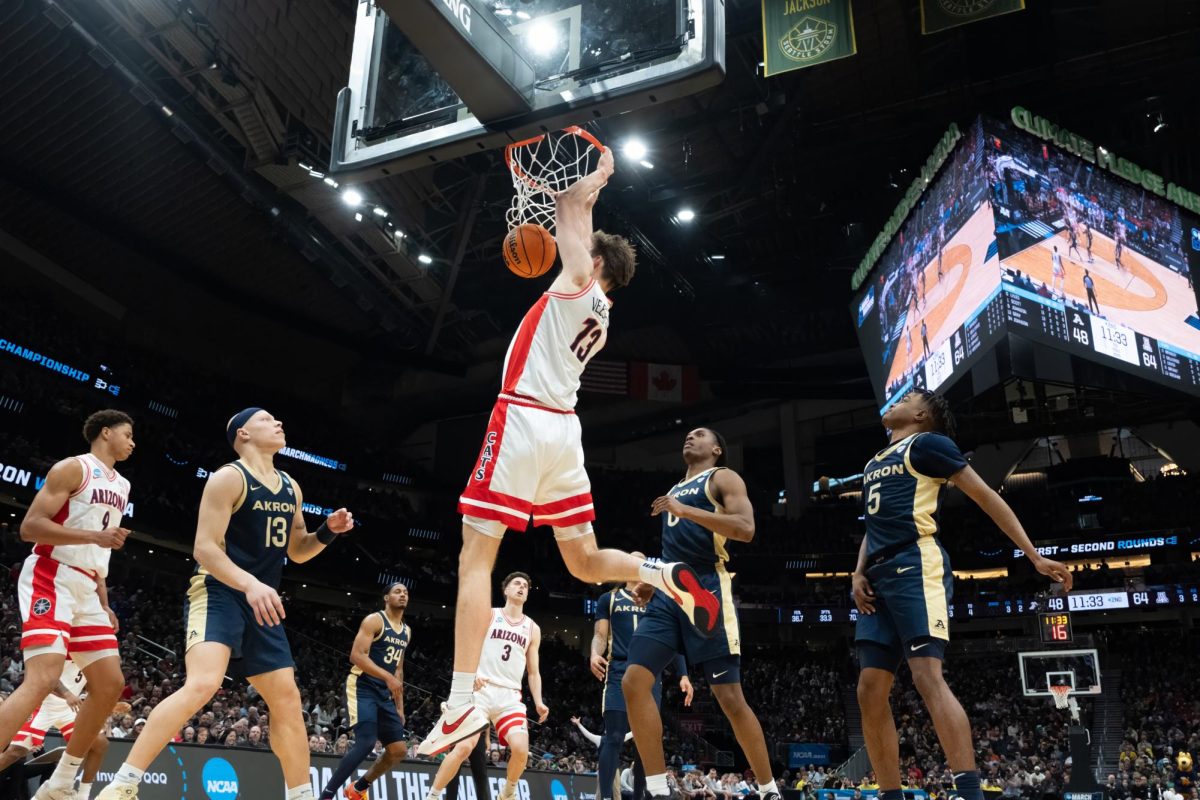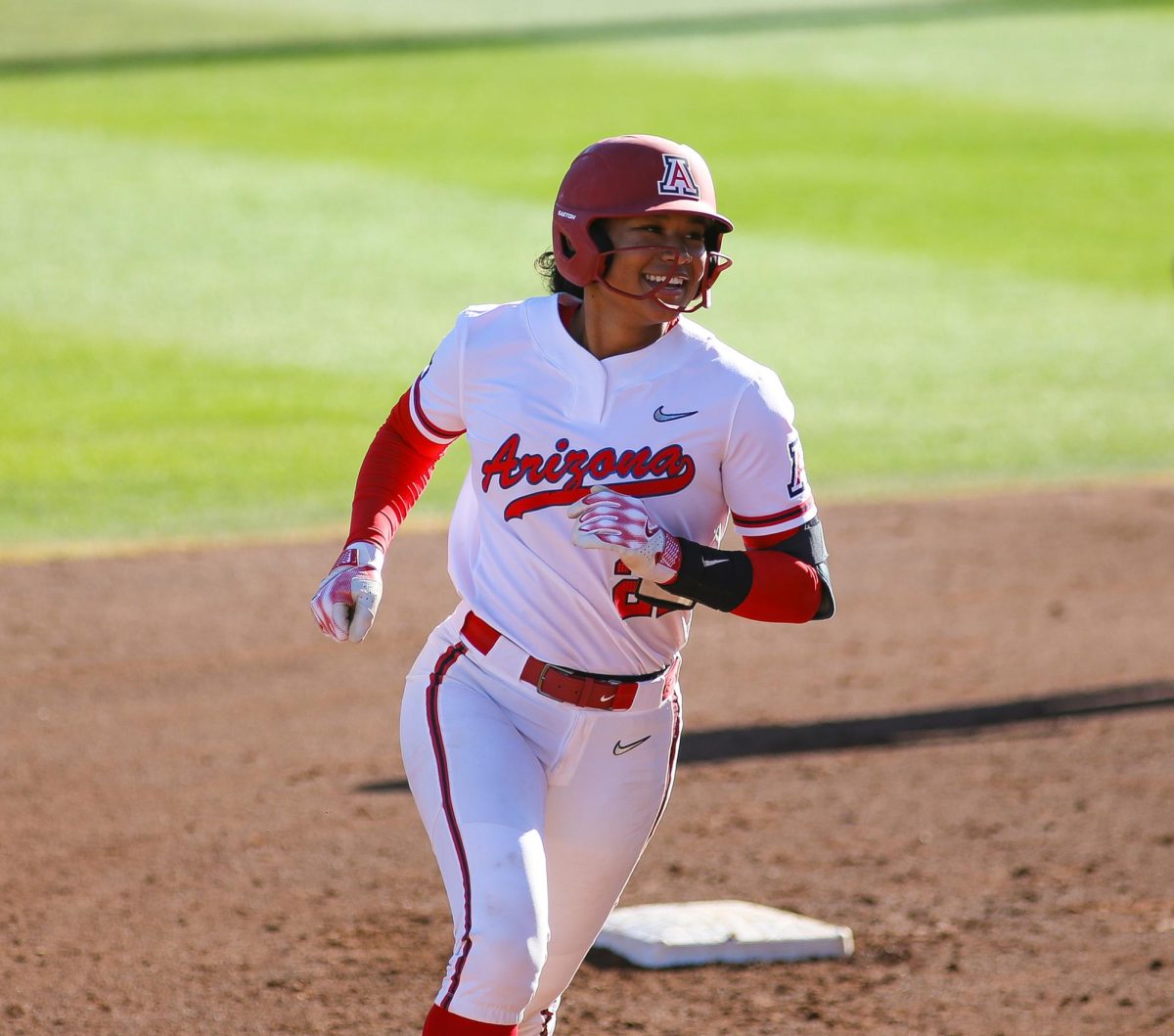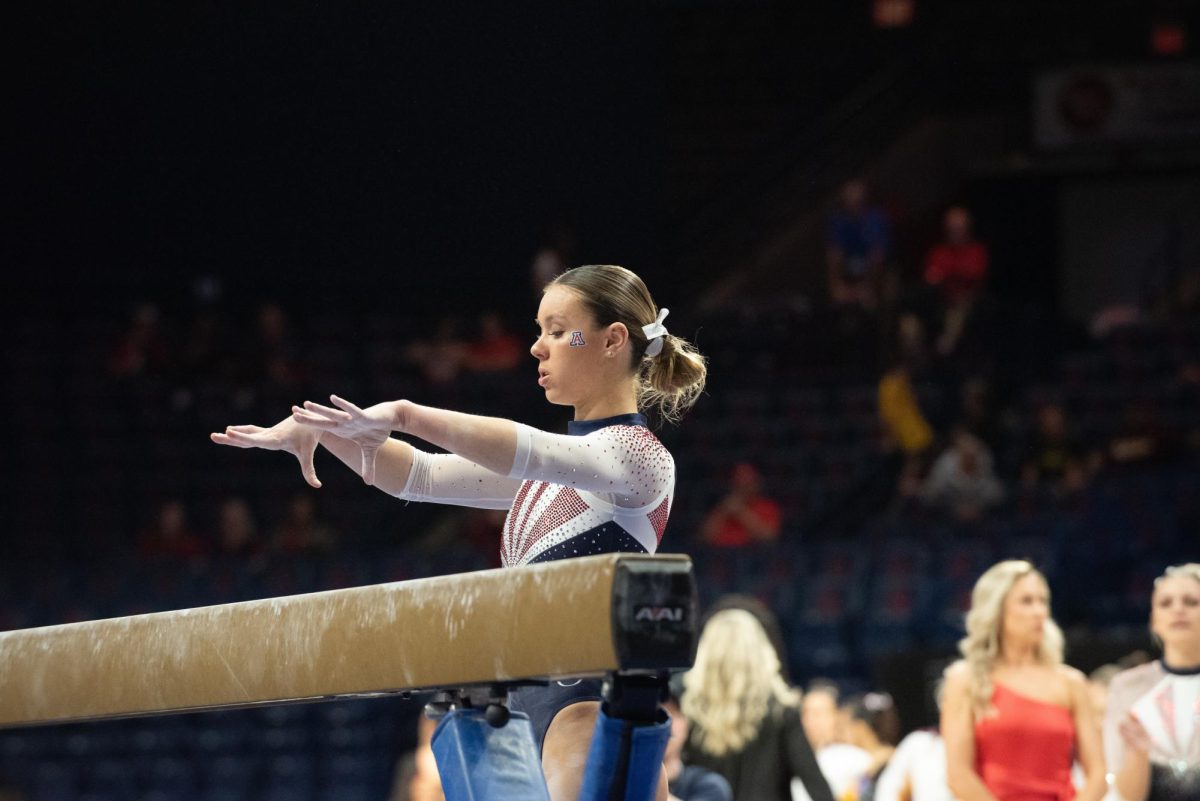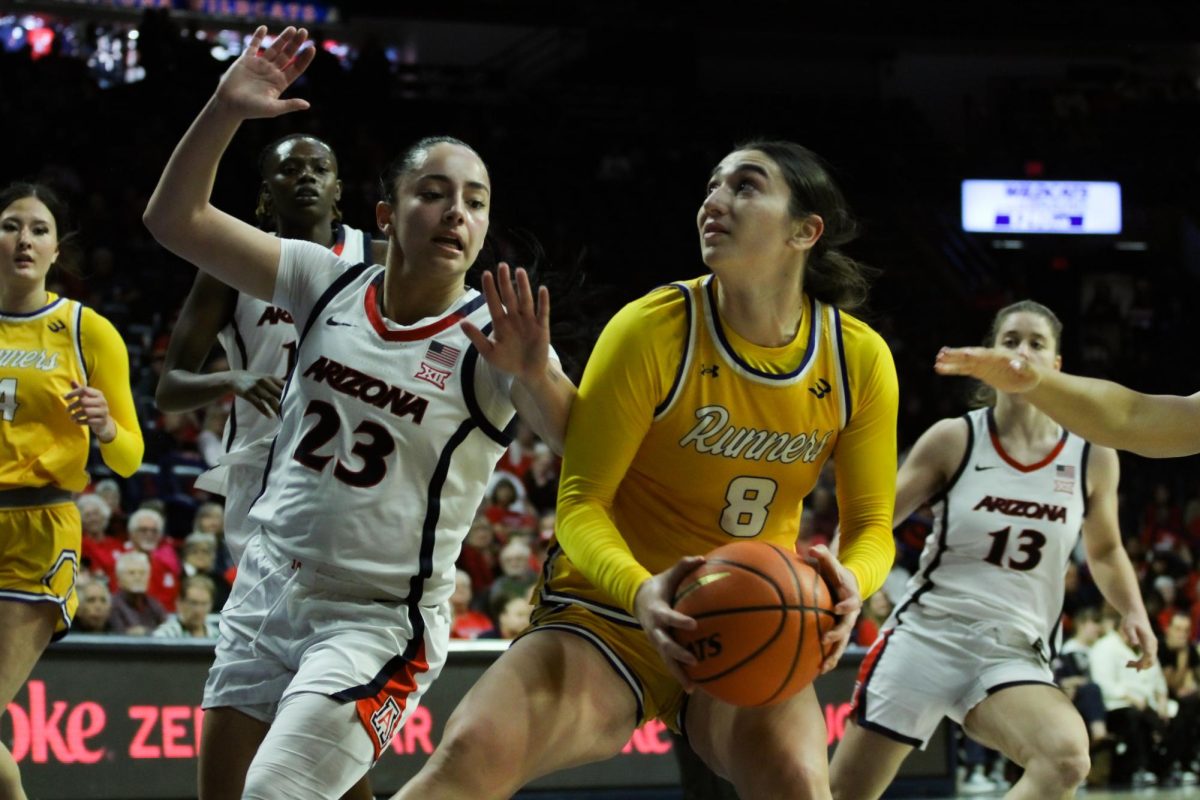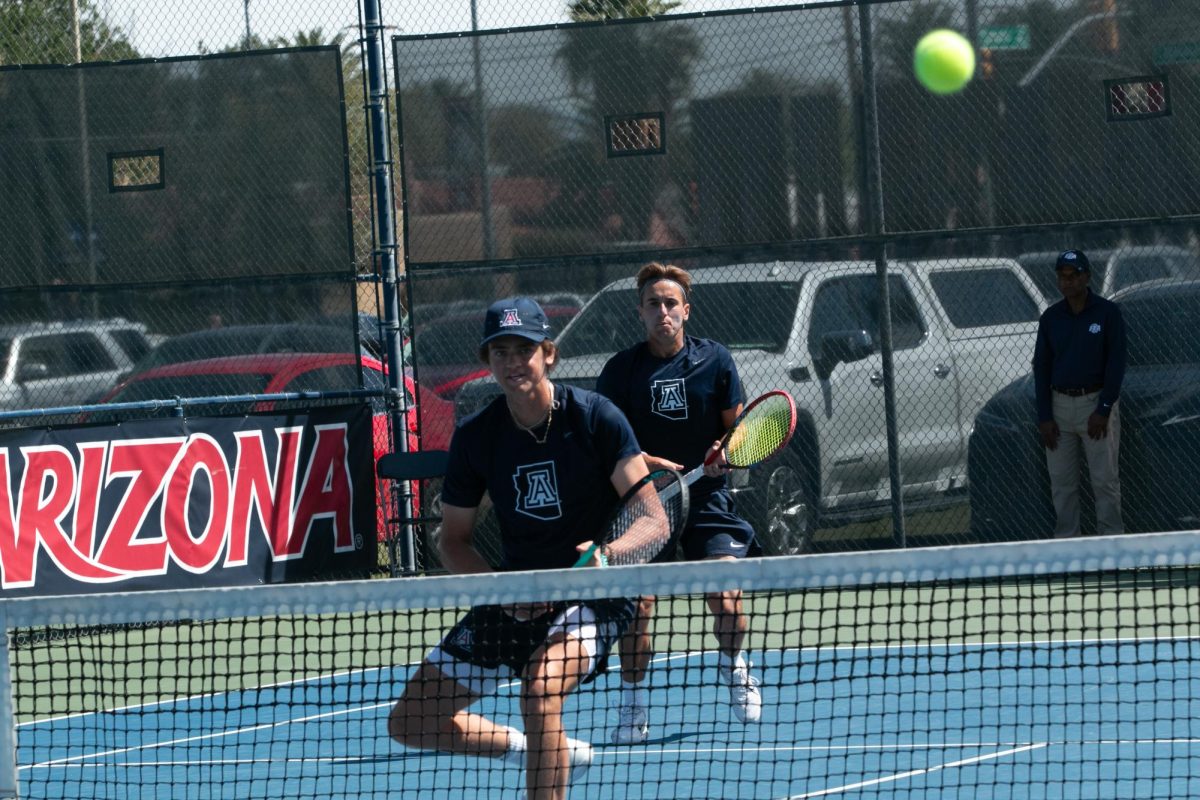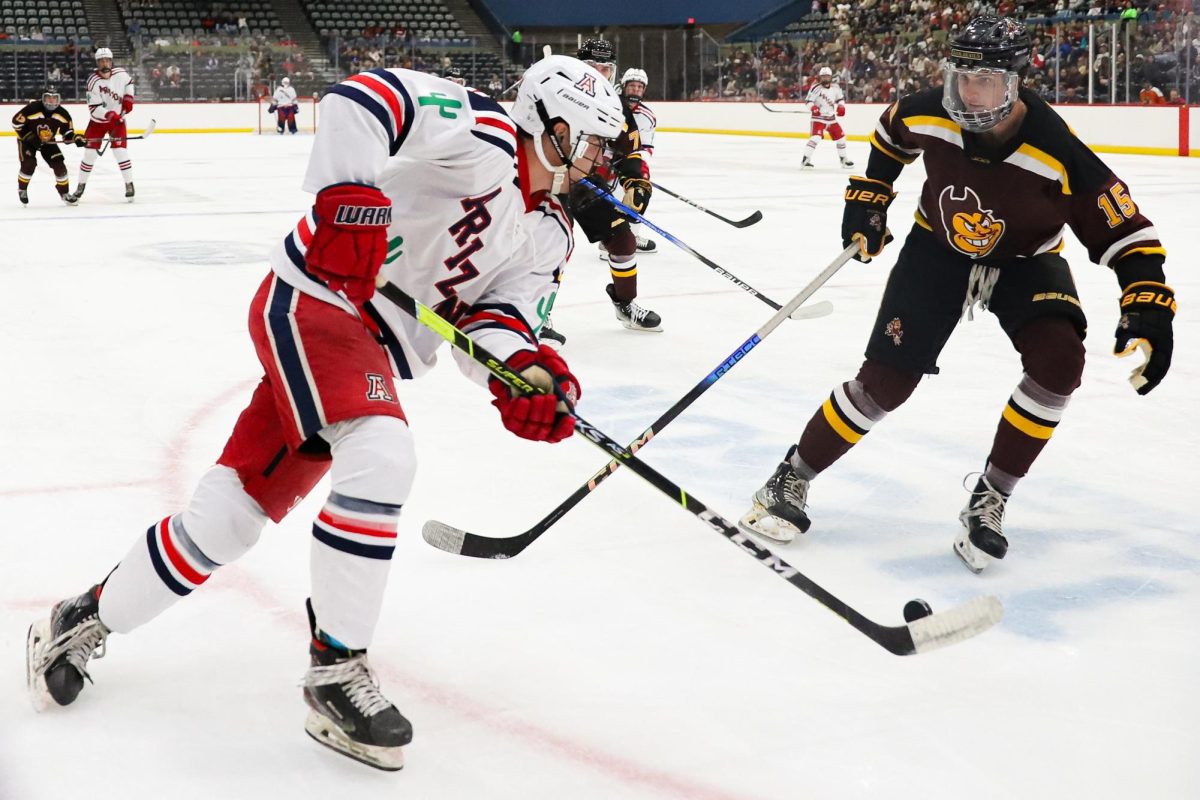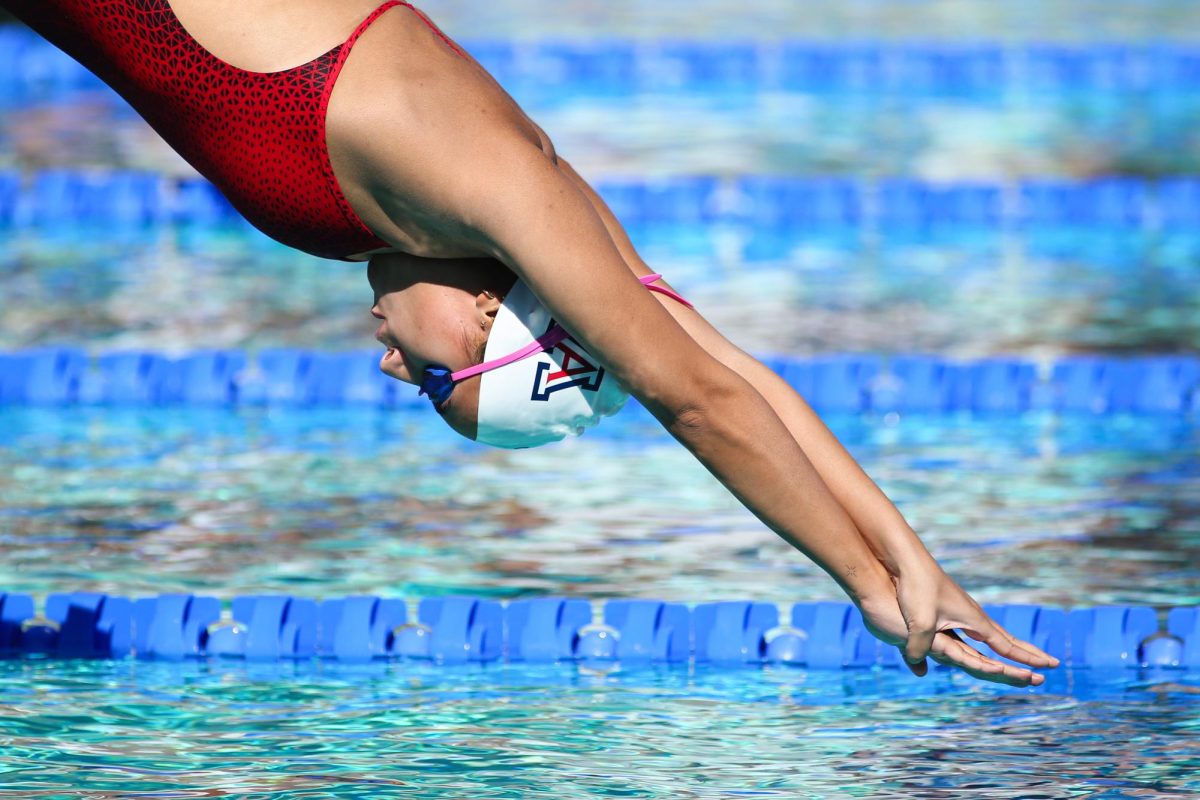Colorado and Arizona’s basketball luck changed in a tenth of a second the night of Jan. 3, 2013.
In the final seconds of a tied game in McKale Center, the then-10-2 and on the rise Buffaloes gave it one last heave-ho as they inbounded the ball at midcourt to their senior Sabatino Chen.
In the short time he had, the veteran tried to go around the Wildcats’ senior Kevin Parrom. Unable to, Chen launched off a last second shot from the top of the key at the buzzer.
It slammed off the backboard and went through the net as the horn fired.
Undefeated No. 3 Arizona had finally lost, and Colorado had a program-defying victory.
Not so fast …
After a long huddle and video review, referee James Breeding decided the ball was still on Chen’s fingertips when the final buzzer went off.
Unable to collect themselves after the heartbreaking call, the Buffaloes would be outscored 12-3 in overtime.
“Because it banked in and knowing they didn’t call it, I felt like the basketball gods weigh in on something like that,” was all Arizona head coach Sean Miller could say after the win.
The decision by the referees dominated sports talk and was greatly debated in the following days.
“I just saw the replay that you guys just showed me, and that just makes me sick to my stomach,” Buffaloes head coach Tad Boyle said after the loss.
While sports fans revisited the shot, the two schools moved on with their seasons, both negatively.
Arizona faltered toward the end of the season but somehow found a way to reach its 15th Sweet 16.
Colorado would lose eight of its final 19 games prior to the NCAA tournament. And once in the tournament, the 10th-seeded Buffaloes would lose their first game to seventh-seeded Illinois, 57-49.
To begin this season, hope still held in Boulder, Colo., as CU worked its way back into the top 25 and had a potential first team All-Conference player in junior point guard Spencer Dinwiddie.
But bad luck would return to then-No. 15 Colorado. On Jan. 12, a little more than a year after Chen’s shot was denied, the Buffaloes would lose Dinwiddie to a season-ending knee injury — almost certainly crushing any hopes of making a conference and tournament run.
“Dinwiddie isn’t just one of the best guards in our conference, he’s one of the best in the game in the game of college basketball,” Miller said.
Miller would go on to say that because of how much talent CU has, Arizona can’t overlook tonight’s game, despite the injury to Dinwiddie.
“It’ll take time, but they’ll plug players in and find roles that work for different players in different situations,” Miller said.
For now, that is a tall order, and the outcome is dubious, according to Miller.
Arizona has, for the most part, chosen not to revisit last year’s meeting at home with the Buffaloes. But both the players and coaches have been vocal about finishing the season stronger than they did last year following the Colorado game.
“I believe our approach is different,” Miller said, comparing this year to last, “that the daily grind isn’t as much as a grind, because I think we have a number of players that have been there and done this before.”
The Colorado game was a turning point for both universities.
Players acknowledged later that luck might not always stay on the Wildcats’ side.
“We’re getting lucky right now, but it won’t be there forever,” Parrom said after the Jan. 3 victory. “We can’t get in deep holes; we have to start better.”
This year’s Arizona team understands that better than last year’s, and unlike last year, it’s not just the upperclassmen that have come to this realization.
“[The Buffaloes] feel like they got cheated in this building last year,” sophomore Gabe York said, “and to end the season and in the Pac-12 [Conference], you can never take any team lightly.”
—Follow Luke Della @LukeDella



